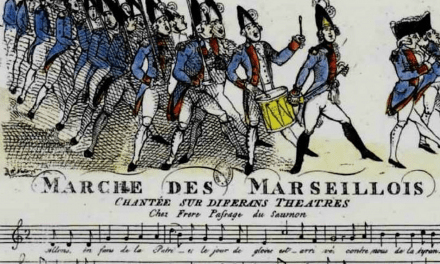The peace of a state is a complex measure: while Mr Charles Allen of the Institute for Economics and Peace (IEP) aims to quantify this statistically, the perception of peace is also a personal experience: the aggregation of social interactions unquantified by indices. When assessing preparedness for conflict, the institutions for peace conflict with the absence of historical precedent.
There are noteworthy anecdotes, in this time, of unity emerging through our common strife: that New Zealand is among the most compliant with government policy (Cooke, 2020) is a testament to such 1. Indeed Durkheim (1952) notes “great popular wars … cause a stronger integration of society (p. 208), the similarities of warfare and pandemics being apparent. We see unity enabling domestic peace in defiance of a foreign challenge: the peace observed in others, fosters our own peaceful behaviour while deviance abets conflict, much as the IEP (2019) recognises level of perceived criminality in society as an indicator for peace 2.
Conversely, the experience of conflict is a means to appreciate the stability in peacetime and prepare for future conflict. Evidence from The WHO World Mental Health Survey Consortium (2004) supports an association between risk-factors and mental disorders 3. Perhaps a fitting conclusion from this is that resilience is gained from adversity. Nations strive for sustenance undeterred by warfare, afflicted for decades. The personal need to survive conflict induces changed modes of livelihood and relationships.
Furthermore, there is much to be learned from foreign instances of conflict: observing social adaptations in response to the stimuli of state failure might encourage facilitation of these transformations. Research such as the work of Choudhary (n.d.) identifies predictors of state failure, whence public policy may be directed to combat such 4. It is important to look beyond our borders for mechanisms towards the preparedness and prevention of conflict. Yet we are not immune to conflict, and while our institutions that foster peace can do much and in the absence of our own historical precedence, it is education, on an individual basis, that can prepare us for conflict.
Bibliography
Guy Quartermain. (2020). Untitled [Photograph]. Epsom Electorate. https://www.facebook.com/davidseymourACT/photos/pcb.512942686009273/3074468725951188/?type=3&theater&ifg=1
Malešević, Siniša. (2010). The Sociology of War and Violence. Cambridge: Cambridge University Press.
- Cooke, Michelle. (2020). Google’s tracking Kiwis during Covid-19 lockdown. Radio New Zealand (RNZ). https://www.rnz.co.nz/news/national/413457/google-s-tracking-kiwis-during-covid-19-lockdown ↩
- Institute for Economics and Peace. (2019). Global Peace Index 2019 (Report No. 13). http://visionofhumanity.org/app/uploads/2019/07/GPI-2019web.pdf ↩
- The WHO World Mental Health Survey Consortium. (2004). Prevalence, Severity, and Unmet Need for Treatment of Mental Disorders in the World Health Organization World Mental Health Surveys. JAMA, 291(21), 2581–2590. https://doi.org/10.1001/jama.291.21.2581 ↩
- Choudhary, Atin Basu. (n.d.). Different states fail for different reasons. Vision of Humanity. http://visionofhumanity.org/news/different-states-fail-for-different-reasons/ ↩





